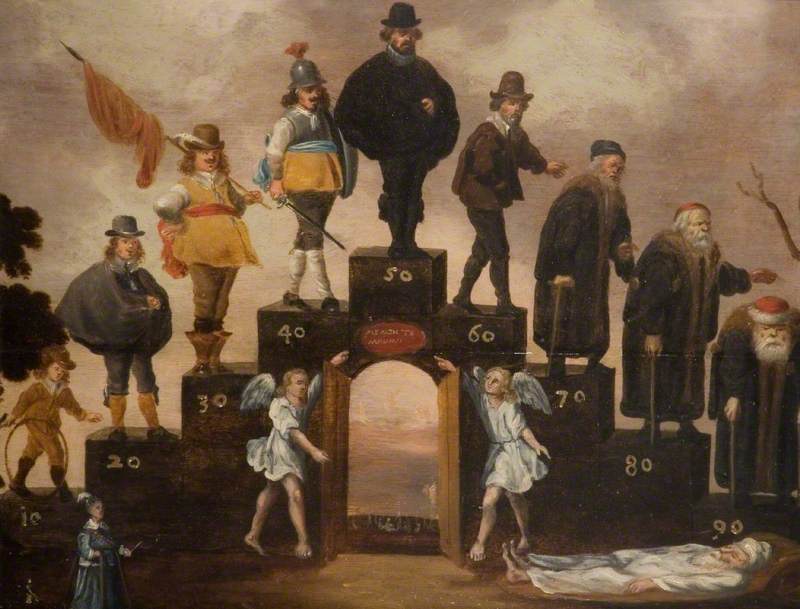Things change. “You cannot put your foot in the same stream twice.” Progress. Stagnation. “I need a change of scenery.” “The more things change; the more they remain the same.” A human person, following conception, changes from fetus, to child, to adolescence, to middle age, old age, and death, but remains the same person throughout. Aquinas says: “Nothing can be reduced from potency to act except by something already in act.” God never changes because He is already everything into which He could change.
An acorn never changes into a palm tree. “Repent; change!” “I returned to my hometown; nothing seemed the same.” Aunt Eleanor never changes. Cousin Herbie needs improvement. If something is changed, something must remain the same; otherwise, we would not notice. “Change is the actualization of what is potential while it is potential,” to cite Aristotle. Things can deteriorate. Things can flourish. The new projected super-computers will process more data than the combined brainpower of the whole human race.
“Change” is a delicate topic these days. Yet we see our very selves changing. The notion of change carries with it concern about for better or for worse. When marriage vows include “for better or worse,” they intend to keep the essential thing the same. Promises are to be kept, not constantly changed or broken. This permanence constitutes their romance. Indeed, it constitutes the very possibility of their even being such a thing as romance.
Aristotle encourages our wonderment. He wants to know: “Would we want to be someone else if we could be?” Many people today want to be other than they are. Men want to be women, or who knows what? Yet when they have changed themselves into what they want to be, we still recognize them as the same old Joe as before. They may have deceived themselves, but few others.
If we are sinners or ignorant, we should want to be other than we are. Some alcoholics do stop drinking. But if we had a clone of ourselves, what would we talk about if everything were really identical? What if we had two clones of ourselves, or a whole city? Would there be any diversity? Talking to ourselves has certain unpleasant overtones.

If evolution is true, then we have evolved into what we are. If it is not true, we still are stuck with what we are. Would the world be improved if we all evolved into something else with no recognizable relation to our previous selves? How would we know ahead of time that things might be better if we do not know, at the same time, that they might be considerably worse? From whence do we get this idea of better and worse anyhow?
In the days when we still had coins around, we heard the expression “small change.” “Can you change this dollar for me? I need coins for the parking meter.” Change was a hundred pennies, ten dimes, twenty nickels, four quarters, two half-dollar coin pieces. When we finished the exchange of the dollar, we still had the same “value” in our pockets. Now we have things called credit cards. We do not have much need for “small change.”
Why all this fuss over change? Curious, really. If no order can be found in things, we are free to become whatever we want to be. Did someone or something want us to be what we are? Only if what we are is a certain kind of thing that remains what it is however much it changes. Does this principle mean that we cannot really escape what we are? Even better, does it mean that even wanting to be something other than what we are already is a bad idea?
Where does this leave us? It leaves us with the fact that we will always be what we are as this individual human beings who can never “evolve” or “change” into some other sort of being that is not human. Yet once we are actually existing human beings, everything about us seems to be subject to change. We are the only beings in the universe who are given being in order to enable us to be more what we are. The rub is that this same freedom enables us to be less than what we ought to be. We suddenly realize that we are caught in a drama or a story that recounts what we made ourselves to be.
Of course, if we become “trans-human” beings – a new technological project for some – who do not die but go on and on in this world, our story will never end. We choose not to decide what we will finally be. If we choose to go deathlessly on and on in this world, we prevent the one change that frees us finally to decide what we make ourselves to be. Like chance, change is never wholly for its own sake.














